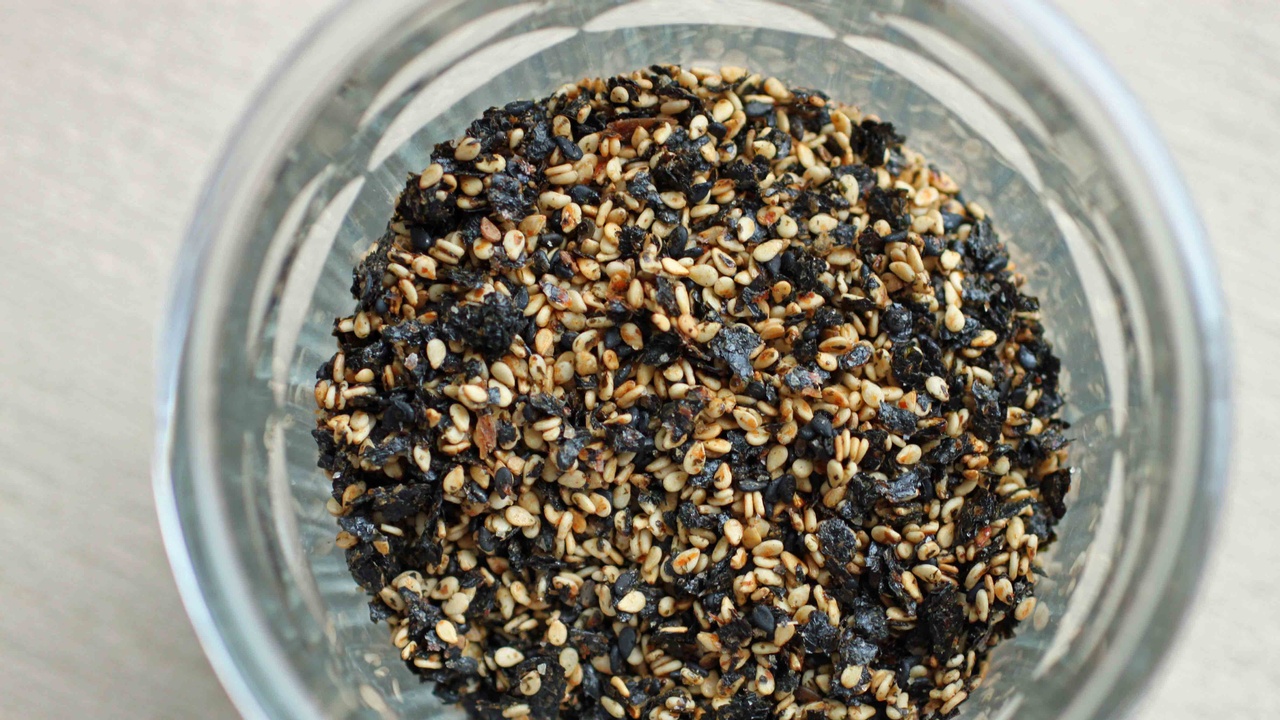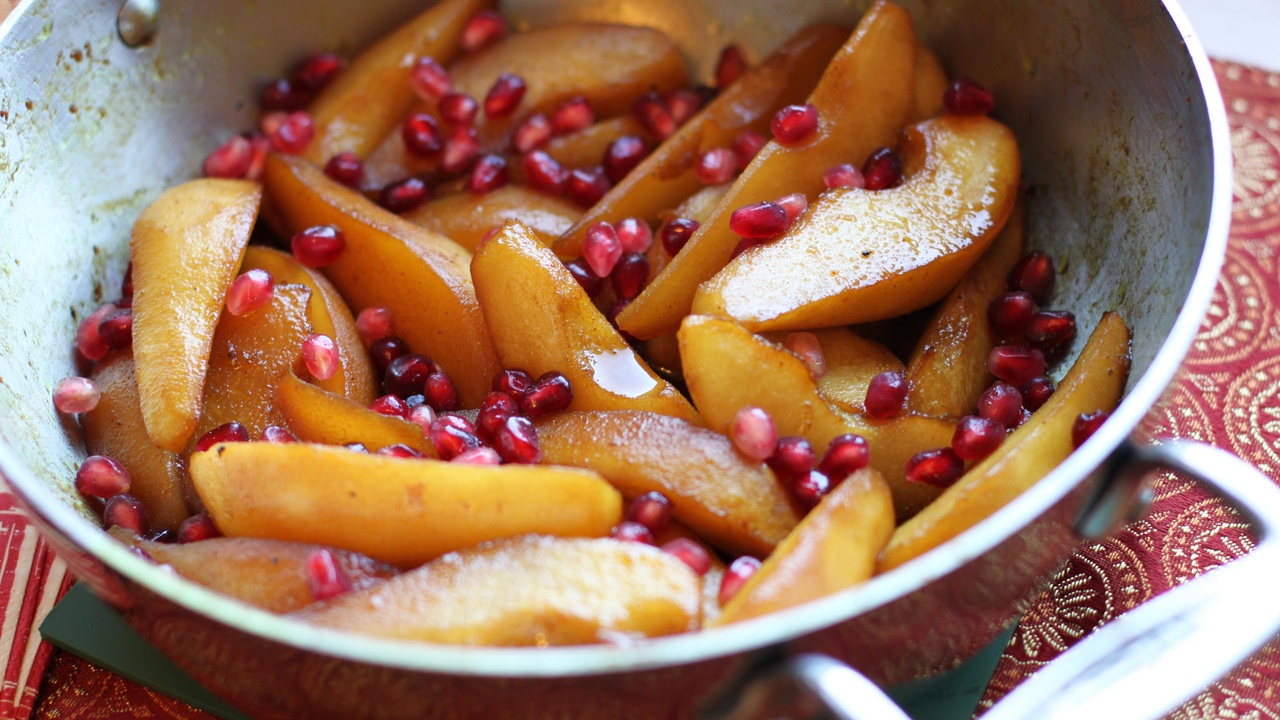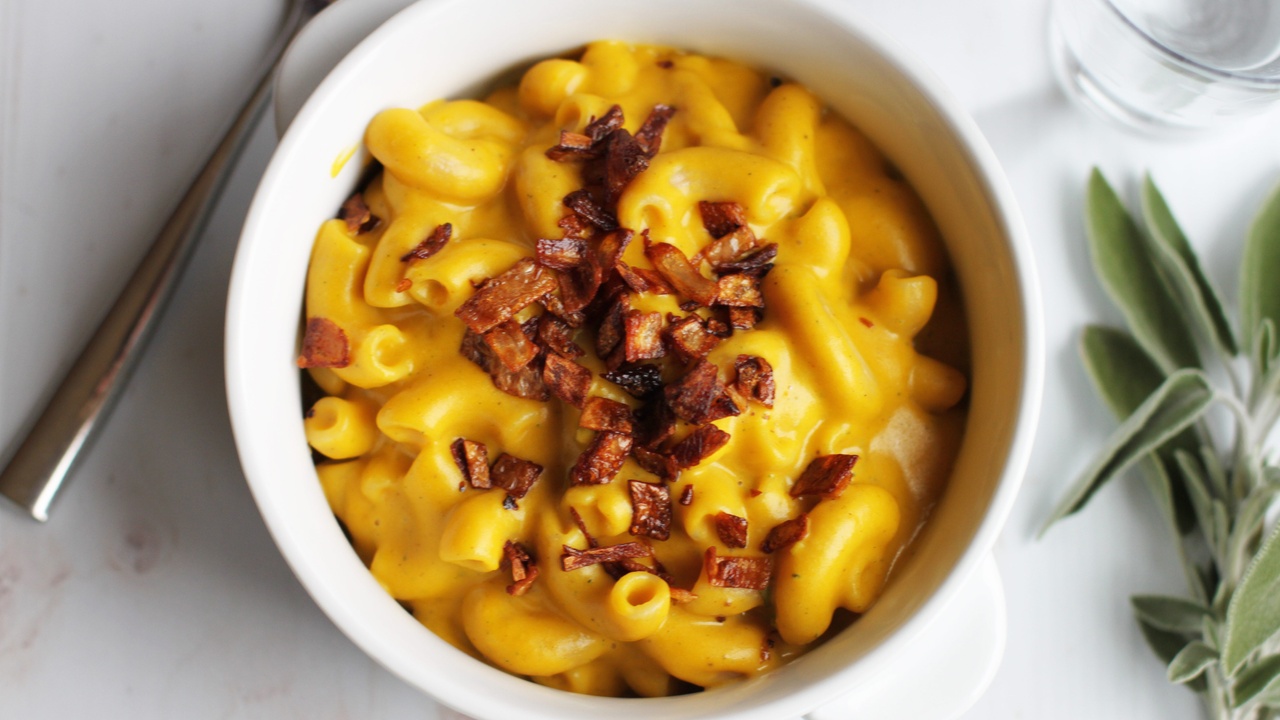Furikake Japanese Seaweed Shake

Furikake is a traditional Japanese condiment and rice topping made from seaweed, sesame seeds, salt, and sugar. In Japan, there are dozens of variations of furikake. However, here in the U.S., when someone says furikake (pron. Foo-dee-kah-ke), this basic sesame-seaweed combination is usually what they’re talking about.
Nori, or the dried sheets of seaweed your California roll gets wrapped in, happens to be the main seaweed in this furikake. Unlike some types of edible seaweed, it doesn’t contain an über-high amount of iodine. (See the Thyroid-healthy Highlights below.)
Full disclosure: Some of the links in this post may be affiliate links. As an Amazon Associate, I earn from qualifying purchases. Purchasing a product using one of these links will support my work at no additional cost to you. Please know that I only recommend products I wholeheartedly stand by.
How to Use Furikake?
I could eat furikake by the spoonful, but I especially like it sprinkled atop a Japanese-inspired breakfast bowl. In the one pictured below, I used some leftover short-grain rice, an over-easy egg, fresh peas, chives from the garden, and a drizzle of toasted sesame oil. A few slices of avocado would be nice, a slash or two of sriracha, chopped green onion, maybe slivers of smoked salmon, or a handful of wilted spinach. Whatever floats your boat, this makes a warm and satisfying, gluten-free breakfast.
There are many other ways to enjoy furikake. If you eat corn, furikake makes a yummy popcorn topping. You could also sprinkle it on scrambled eggs, sushi, sashimi or cooked fish, cauliflower rice, or even on GF avocado toast- YUM!
Don't feel like making your own? I like this brand of store-bought furikake.
Further Reading: Is Seaweed a Thyroid-healthy Food?
Thyroid-healthy Highlights:
- Dried seaweed is one of the best natural food sources of iodine, but some types of seaweed, like kelp, can have dangerously high amounts. Nori, or the dried sheets of seaweed used in this furikake, provides approximately 24 mcg of iodine per sheet-- a reasonable amount. The RDA of iodine for an adult is 150 mcg, with an upper limit of 1100 mcg.
- Iodine is a crucial element to the production of thyroid hormone, and since our bodies do not make it naturally, we depend on dietary sources, including some types of seaweed. Keep in mind that both too much and too little iodine can be bad for thyroid health, so it's a good idea to pay attention to how much dietary iodine you're consuming and avoid excessive amounts. Learn more about which types of seaweed are a safe source of iodine, and which have excessive amounts of iodine HERE.
- Sesame Seeds feature several key thyroid-supporting nutrients including tyrosine, selenium, iron, zinc, magnesium, B vitamins, and fiber.
Happy cooking, happy thriving, and enjoy the recipe (below)!

P.S. Need more thyroid-friendly recipe inspiration? I’ve got you covered. My Thyroid-friendly Everyday eCookbook features over 50 quick and easy, thyroid-friendly recipes your whole family will love. To take a peek at what’s inside, CLICK HERE.
More Thyroid-Friendly Condiments:
- AIP Artichoke Dip with Garlic Scapes
- Mango Salsa
- Dairy-free Lemon Basil Pesto
- ACV Honey Mustard Vinaigrette
Subscribe to my free newsletter for fresh recipes & lifestyle tips, delivered weekly, and receive a free gift!
By submitting this form, you agree to receive ongoing updates from Hypothyroid Chef











